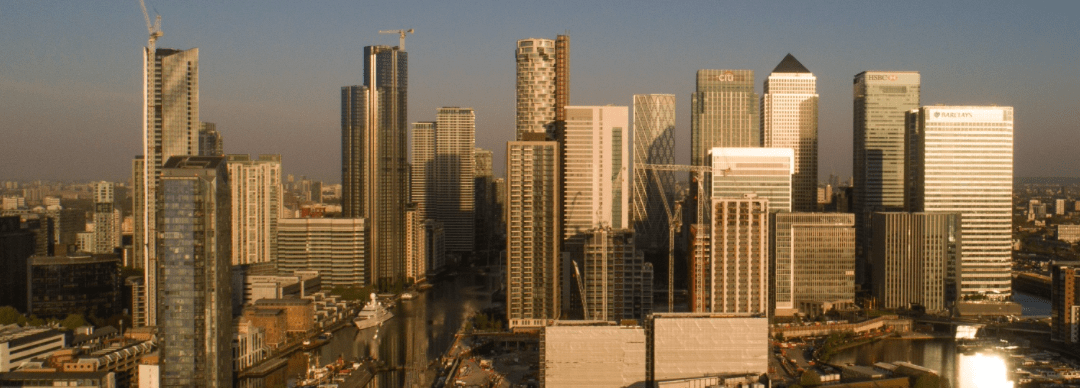Dealmakers will get their V-shaped recovery
With several high-profile mergers and acquisitions (M&A) transactions being cancelled or called into doubt as the economic fallout from the Covid-19 pandemic comes biting, and with new deals plunging to levels not seen since the 2008 Global Financial Crisis, investment banks are being forced to rethink their strategies. Since 2008, investment banking revenues have become heavily dependent on M&A fees and transaction advisory services as deal-making boomed in the post-Lehman era. Several factors acting in an almost complementary manner created this ripe environment: low interest rates, lacklustre economic prospects, and a genuine lack of alternative investment options.
As the world begins recovering from the pandemic, pundits don’t seem very optimistic on the prospects of a resurgence and for good reasons. Several barriers stand in the way: uncertainty from the virus hindering cash flow forecasts, debt overhangs undermining leveraged acquisitions, a simple lack of dry powder, prioritising resilience over efficiency, and constantly evolving business models to become more suited to the post-Coronavirus world. All of this is part of the equation even before we consider the changes in regulations forcing more competition to keep supply chains of ‘essentials’ flowing, banks dealing with defaults on Covid-19 era loans, and restrictions on international investment in critical industries, particularly from China.
Many of the largest corporations borrowed over a $1 trillion to clear out short-term or high interest debt, and this leaves then with enough capacity and cash in the coffers to go on a shopping spree.
In spite of all the issues at hand, some pretty sound financial arguments can be made for strategic acquisitions once greater clarity is available on the future prospects of the economy. Record-low interest, much like through the 2010s, means that cheap money will still be available to businesses. In fact, many of the largest corporations borrowed over a $1 trillion to clear out short-term or high interest debt, and this leaves then with enough capacity and cash in the coffers to go on a shopping spree. Synergies, however will have to evolve and dealmakers cannot pretend it to remain ‘business as usual’. Expanding supply chain abroad and merging back-end processes will require to pass strict tests to keep the business running in abnormal times and sectors such as retail will need to acquire or merge with their tech competitors if they hope to survive.
While big data has found a role to play on the buy-side, its use on the sell-side has been restricted. This could change as insights from data analysis could be used to gain foresight into a business’s operations and profitability going into the future.
Restriction and curtailing of dividends and buy-backs can be expected to remain in place beyond 2020-21, forcing companies to divert funds into M&A activities to deliver shareholder value. The aftermath of any crisis creates a small window to buy businesses at lower multiples, according to the Harvard Business Review (HBR). The study also goes on to evidence that active acquirers, such as big tech after 2008, outperformed their passive and inactive counterparts. As divestitures and restructuring will become a norm going into the 2020s, many good assets and investment opportunities will become available, and, with supply outpacing demand, prices can be expected to remain low.
Any jump in demand will, however, be hard to cope with. With investment banks already reducing new hires in M&A and many experiencing personnel jumping into Restructuring and Financial Optimisation, hoping it’s ‘the next big thing’, there will be fewer bankers and even fewer yet with the broad experience of dealing with M&A deals outside a boom cycle. The uncertainty around the survival of entire sectors, like air travel, and difficulty in predicting cash flows of individual companies will not simply disappear. If social distancing measures remain in place and restrictions on international travel continue, the due diligence process will get harder to accomplish and shifting business models, such as those in retail, will call these growth strategies into question.
The bottom line is this – M&A will bounce back quicker than most expect and the bankers who are preparing for that will win big.
So how will M&A change after Covid-19? Bankers are already using teleconferencing to replace in-person due diligence checks. In the longer run, there are talks of creating more localised teams located alongside retail bankers. It’s unlikely to happen, especially as it would require bringing in new staff, but implementing technologies, such as blockchain, is touted to be a game-changer. While big data has found a role to play on the buy-side, its use on the sell-side has been restricted. This could change as insights from data analysis could be used to gain foresight into a business’s operations and profitability going into the future. Traditional partnerships and advisories have been gaining market share from the bulge bracket banks for quite some time now and that can be expected to continue, especially as headline deals disappear and more of the business is oriented towards the middle market and distressed deals, where they have a significant advantage.
The bottom line is this – M&A will bounce back quicker than most expect and the bankers who are preparing for that will win big. A plethora of deals will soon appear in sectors like transportation and infrastructure, oil and gas, healthcare and pharma, and naturally the mighty tech industry over the course of the second half of this year and the next. Of course, distressed sales and rescue deals in sectors suffering or seeking to overhaul their business models and private equity firms and private capital hungry for returns in a market with fewer and fewer investment opportunities will add to the tally. Mid-market transactions have already held up, in numbers and value, and while they’re more likely to become the norm going forward, the mega blockbuster deals are not that far out.

Comments